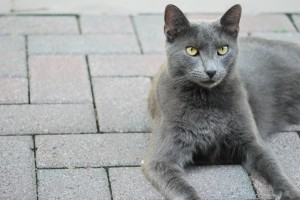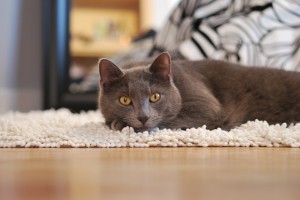-
Recent Posts
Archives
- October 2022
- August 2022
- May 2022
- March 2022
- January 2022
- December 2021
- September 2021
- July 2021
- June 2021
- May 2021
- April 2021
- February 2021
- January 2021
- November 2020
- October 2020
- September 2020
- June 2020
- April 2020
- March 2020
- February 2020
- January 2020
- December 2019
- November 2019
- October 2019
- September 2019
- June 2019
- March 2019
- February 2019
- January 2019
- December 2018
- November 2018
- October 2018
- August 2018
- July 2018
- June 2018
- May 2018
- April 2018
- March 2018
- February 2018
- January 2018
- December 2017
- November 2017
- October 2017
- September 2017
- August 2017
- July 2017
- June 2017
- May 2017
- April 2017
- March 2017
- February 2017
- January 2017
- December 2016
- November 2016
- August 2016
- July 2016
- June 2016
- May 2016
- April 2016
- March 2016
- February 2016
- January 2016
- December 2015
- November 2015
- October 2015
- September 2015
- August 2015
- July 2015
- June 2015
- May 2015
- April 2015
- March 2015
- December 2014
- June 2014
- May 2014
- April 2014
- November 2013
- September 2013
- August 2013
- July 2013
- June 2013
- May 2013
- March 2013
- January 2013
- November 2012
- October 2012
- July 2012
- December 2011
- November 2011
- October 2011
- September 2011
- August 2011
- July 2011
- June 2011
- May 2011
- April 2011
- March 2011
- February 2011
- January 2011
- December 2010
- November 2010
Categories
Internists, Surgeons and Vet 24 hours?
Does your cat go out all night long and come back in the morning? Our special friend also enjoys this…
Meet Gray! He is 1.5 years old and adorable.
Gray presented to NorthStar VETS after being diagnosed with acute renal failure by his regular veterinarian. His condition was fatal, and emergent. Upon arrival his fate would be in the hands of our Internist, Dr. Tammy Anderson.
Acute Renal Failure (ARF) is characterized by an abrupt shutdown of kidney function, most often accompanied by oliguria (reduced urine production). The primary causes of ARF in cats are: urinary obstructions, infectious diseases, trauma, and the ingestion of toxins – the most common one being ethylene glycol which is contained in antifreeze. ARF is extremely serious and can quickly become fatal. Immediate veterinary treatment is imperative. Though the prognosis is usually poor, if damage has not been too severe and medical treatment is aggressive, it may be possible for normal kidney function to be restored.
Two days before Gray came in he had been outside all night, and when he returned he was lethargic and was hiding. During the time of presentation, Dr. Anderson was concerned that he had renal failure due to a toxin such as ethylene glycol (antifreeze) or infection. Gray’s renal values were elevated to 11.3 (very high!) and it was also considered that this was due to dehydration. Further, his high potassium levels also suggested a urinary obstruction, however this was less likely because he was able to urinate without any difficulty.
Given the urgency Gray was placed on aggressive IV fluid therapy and given calcium gluconate to protect his heart from developing an arrhythmia (irregular heart beat) secondary to the high potassium. He was also placed on broad-spectrum antibiotic therapy. During Gray’s ultrasound he showed dilation of his renal pelvises, which could be consistent with pyelonephritis (infection in the kidneys that is only potentially treatable) or increase in pressure such as is seen when animals have a urinary obstruction.
Gray responded very well to medical therapy (IV fluids and antibiotics.) His renal values returned to normal and his urine culture was negative. He wasn’t out of the woods yet though. Gray still required 24 hour veterinary care, and would need to stay at NorthStar VETS until he became more stable.
Gray’s owners applied for a grant from Vet-I-Care and were able to keep Gray under Dr. Anderson’s care. By the time of discharge, Gray’s creatinine and electrolytes were normal and he was eating well.
He was rechecked 10 days later and found to be doing just fine. Thanks to his attentive owners, Gray’s regular veterinarian and Dr. Anderson from NorthStar VETS Gray is safe at home with the rest of his family.
This entry was posted in Pets, Veterinary Medicine and tagged 24 hour emergency vet, 24 hour vet emergency, 24 hour vet hospital, 24 hour vets, 24 vet hospital, allentown, animal emergency, avian, brick, cherry hill, clarksburg, dog emergency, exotics, freehold, hamilton, howell, jackson, lakewood, Mercer County, millstone, Monmouth County, New Jersey, New Jersey Dog, nj, NorthStar VETS, Ocean County, pet emergency, princeton, robbinsville, toms river. Bookmark the permalink.






Leave a Reply